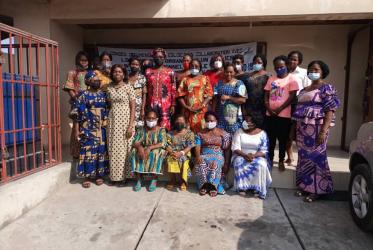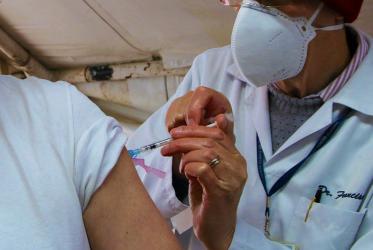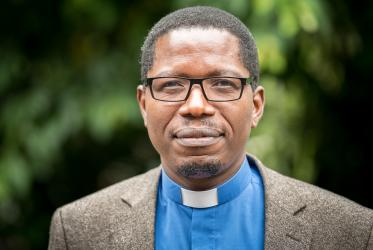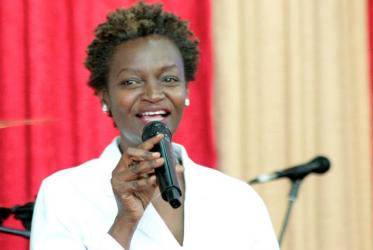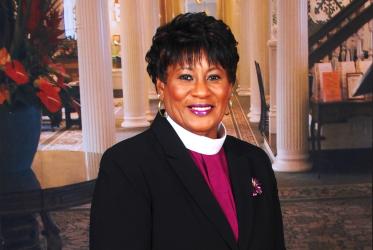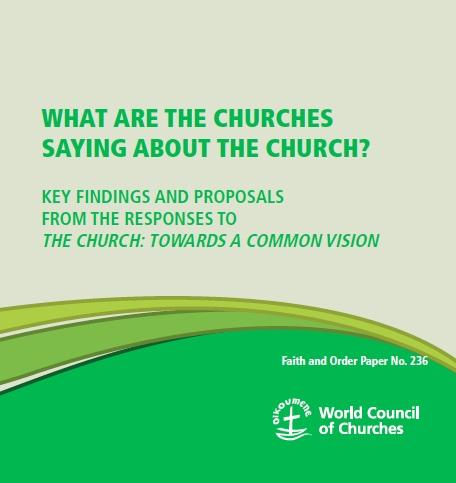Bible, Mission, and Receptive Ecumenism
Receptive Ecumenism can be described as an ecumenism of the wounded hands. It brings to the fore the self-critical hospitality, humble learning, and ongoing conversion that have always been quietly essential to ecumenical work. “What do we, in our tradition, need to learn and receive, with integrity, from others?”
The book is meant for all those interested in the theological relations between mission and unity, as well as in Receptive Ecumenism. It is intended for all who are interested in the practical consequences of committing themselves to foster the unity and mission of the Church in the world. It serves both academics and practitioners engaged in mission and unity. If the book can be a source of inspiration for them, it will have fulfilled its purpose.
04 October 2021





